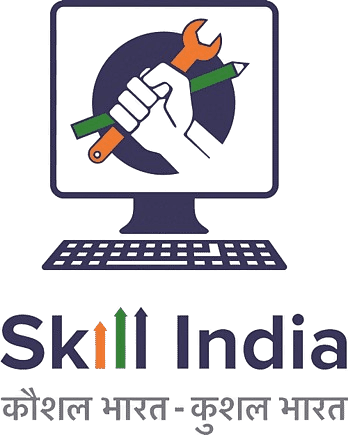Active Learning Techniques
Summarization: Writing summaries of the material to reinforce understanding.
Self-Explanation: Explaining concepts in your own words to ensure comprehension.
Time Management Strategies
Creating a Study Schedule: Planning study sessions and breaks to maximize productivity.
Prioritizing Tasks: Focusing on high-priority subjects or topics first.
Utilizing Study Groups
Collaborative Learning: Sharing insights and solving problems together.
Group Discussions: Discussing and debating topics to deepen understanding.
Memory Enhancement Techniques
Spaced Repetition: Reviewing material at increasing intervals to improve retention.
Mnemonic Devices: Using memory aids like acronyms and visualization techniques.
Effective Note-Taking Methods
Cornell Method: Structuring notes with cues, notes, and summaries.
Mind Mapping: Visualizing connections between concepts.
Healthy Study Habits
Regular Breaks: Taking short breaks to avoid burnout and maintain focus.
Adequate Sleep and Nutrition:Ensuring proper rest and a balanced diet to support cognitive functions.
Creating a Productive Study Environment
Minimizing Distractions: Setting up a quiet, organized study space.
Proper Lighting and Ergonomics: Ensuring a comfortable and well-lit study area.
Setting Goals and Maintaining Motivation
SMART Goals: Setting Specific, Measurable, Achievable, Relevant, and Time-bound goals.
Motivation Techniques: Using rewards and reminders to stay motivated.
Test-Taking Strategies
Practice Tests: Taking practice exams to familiarize yourself with question formats and time constraints.
Relaxation Techniques: Using breathing exercises and positive self-talk to manage test anxiety.




